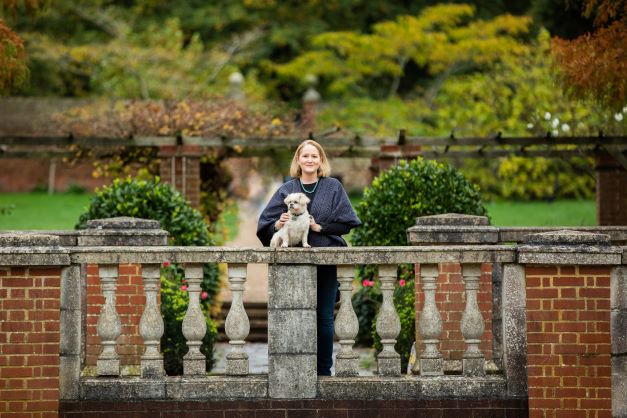
I am a mature student currently working on a PhD in Hospitality & Tourism Management. However, at the University of Surrey, I am not alone in this endeavour. There are quite a few PhD students throughout the University who are working on a PhD a little later in life. The other mature students that I have had the opportunity to meet have had a wide range of reasons for starting their PhD a little later in life including those researching a passion project, those who have always wanted to pursue a PhD, those who will use it advance their expertise in their career field, and those who after decades of work experience would like to get into academia.
When I call myself a mature student, I decided to start my PhD in my early 40s and I had some concerns going into it. Would I be the only mature student – or would there be others like me pursuing a passion for learning after a career in industry? How would I be perceived by other PhD students, academic faculty, and staff? What unique challenges would I face versus what advantages would my years of experience provide?
On the other side, I was (and I still am, now in my 3rd year) very excited to do research in my area looking at two of my favourite things: companion animals (particularly dogs) and how they impact our travel and leisure decisions. I absolutely love my topic and I listen to books and podcasts, and read articles and news stories about dogs, pet travel, and the travel industry in my free time. Plus, I love taking my dog on trips and exploring the UK as I work on writing and completing this mammoth research project that is my PhD thesis.
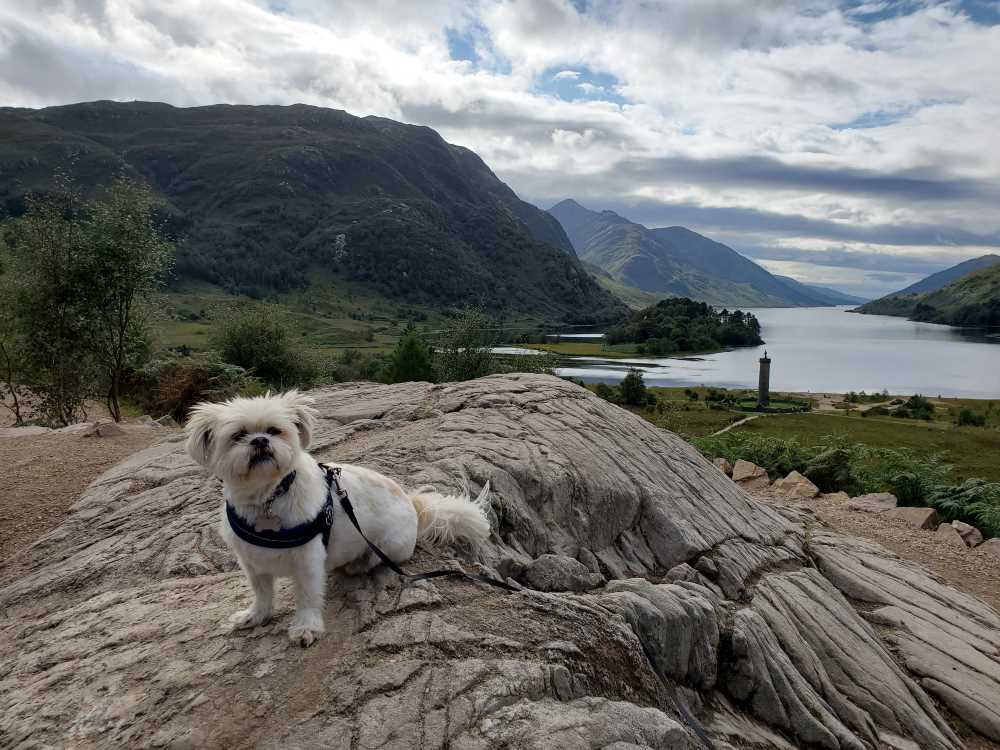
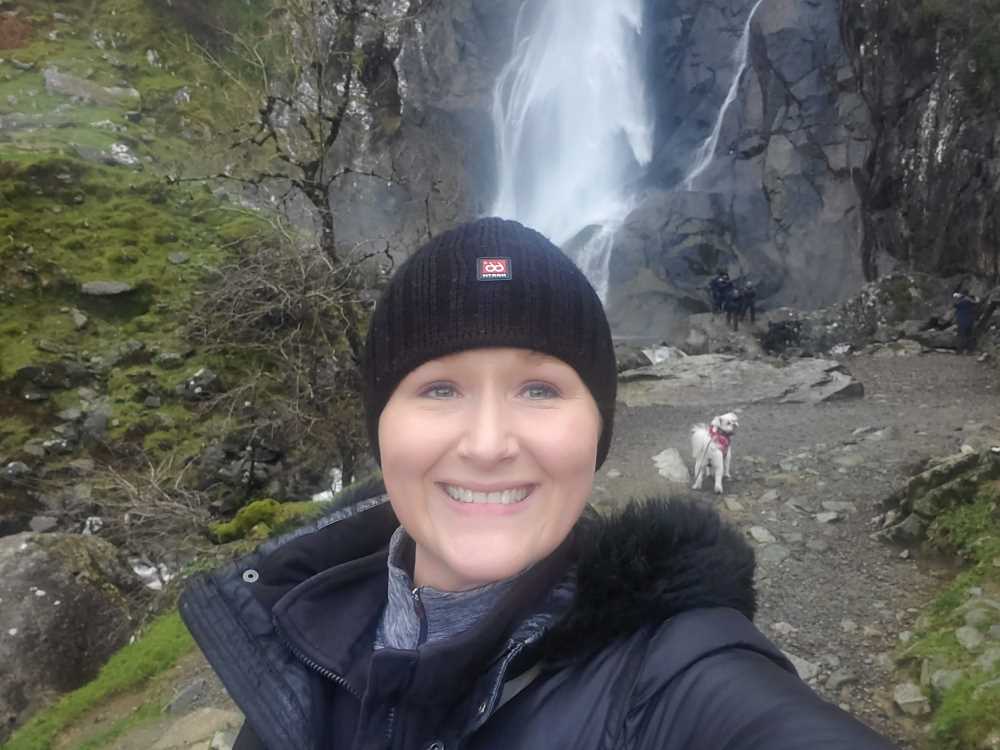
My Reason
My reason for starting my PhD later in life is that I had been interested in doing a PhD since my 20s. I loved the idea of doing a large research topic on a subject that I was passionate about. However, that topic had not come to mind yet and I struggled to find it. In the meantime, I worked to develop my career in marketing working in various roles doing marketing, communication, and PR in a range of industries including advertising, consumer packaged goods, food, corporate litigation, real estate, and finally hospitality. It was when working at an internship for a resort group that I first realised both my passion for travel and my love of hospitality marketing.
I did a Masters degree in Tourism Marketing at the University of Surrey and really enjoyed it. I was also lucky enough to have a great internship that eventually turned into a full-time role with Hilton. Then after a few years, life happened and I had to leave my job and return to the US due to a family emergency. Back in the US, I had the freedom to work doing freelance marketing for various clients including in real estate, higher education, and tech and most importantly, I was able to volunteer at the Humane Society. I have always loved dogs, but it was just never the right time to welcome one into my home.
In April 2018, I met a then ~14 month old dog who had been picked up as a stray on the street and had no microchip or collar. I had walked and cared for a lot of dogs at the shelter at this point but something was different about this little dog who I started calling Princess Buttercup. She was scared and quiet, but really sweet. She climbed into my lap after a walk and put her head on my heart. That was it – she was my dog and I was her human.
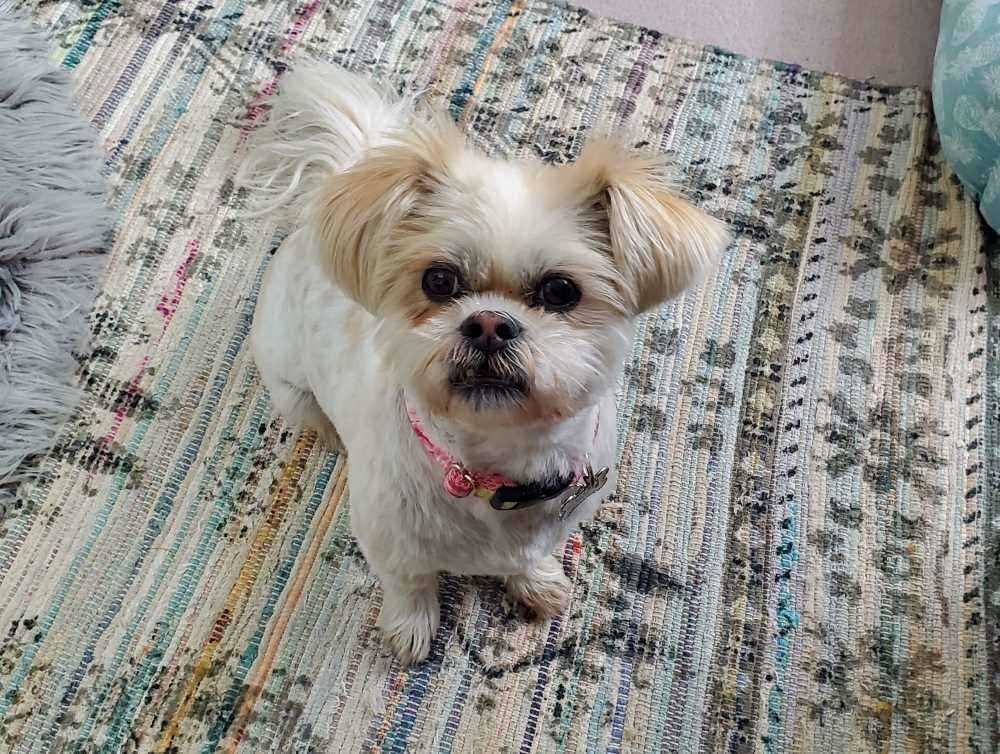
Not long after adopting, Buttercup, she and I started to travel. We had lots of great adventures and went on multiple trips around the US including by plane, but each trip was complicated and involved extra planning and money. Plus, questions kept coming up like:
1) How do I find pet-friendly accommodation?
2) What is a leisure property’s pet-policy?
3) Can she eat with me?
4) What kind of activities can we do together?
5) Where will I walk her on our trip?
6) Is it a safe place for both of us?
7) What will getting to our destination entail?
8) Who will watch her if I need to do something where she is not allowed for an extended period of time when I don’t know anyone in this city?
9) What does she need for our holiday and how am I going to manage all of our things like luggage, dog bed, crate, dog food, etc.?
10) And ultimately, when is it better to leave her at home with a pet sitter than bring her with me?
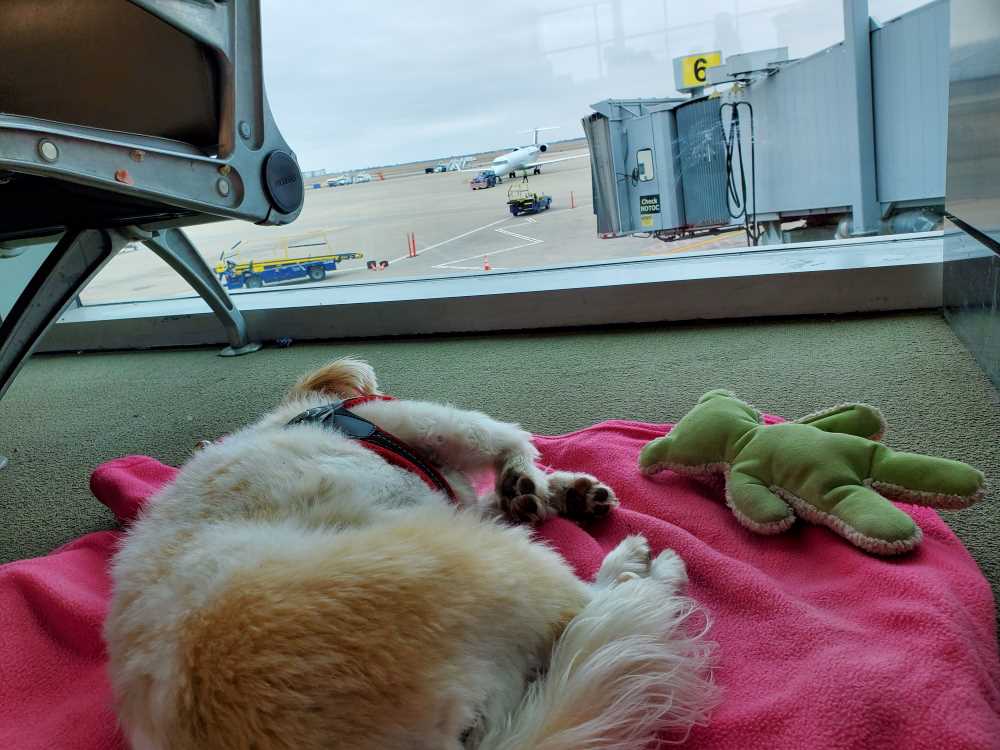
All of these questions and our experiences made me realise I had a potential PhD topic related to pets and travel. I contacted my previous Master’s dissertation supervisor at the University of Surrey, and we discussed the merits of the research. I looked into previous research and news stories and wrote up my thesis topic proposal. After submitting my proposal and application, there was an interview and soon I had my acceptance to begin a PhD at the University of Surrey in April 2020.
My Experience
My experience of my whole PhD is quite unique. Moving back to the UK in March 2020, right as the COVID-19 pandemic was exploding across the world and lockdown measures were starting was far from ideal. However, the University, the Doctoral College, and the School of Hospitality & Tourism Management, all quickly adjusted to using Teams or Zoom and began offering everything online. I did all of the normal training seminars online and due to the circumstances, I was the only PhD student that started at my School in April 2020. It was odd, but I had all of the resources that I needed and set up a lovely home office where I could work.
Socially, lockdowns were hard on everyone. Starting a PhD in a lockdown was tough but I did get to meet some of my fellow researchers both at the School and the University online. I participated in lots of social meetings that were offered and are still being offered such as the ‘Researcher Café’ hosted every week by the Doctoral College.
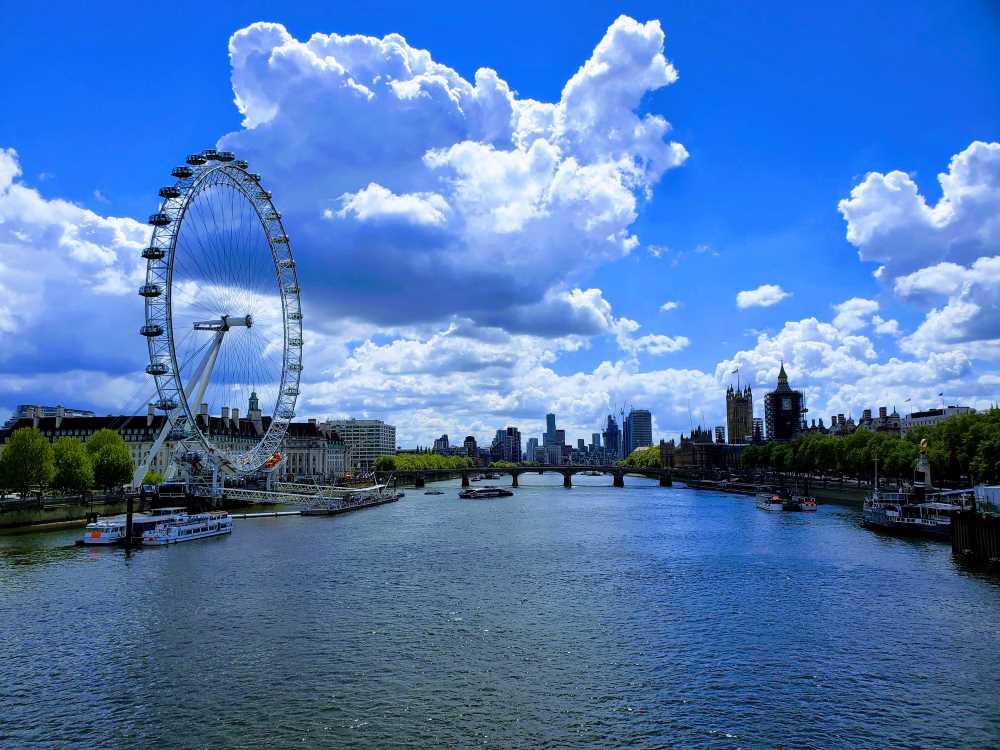
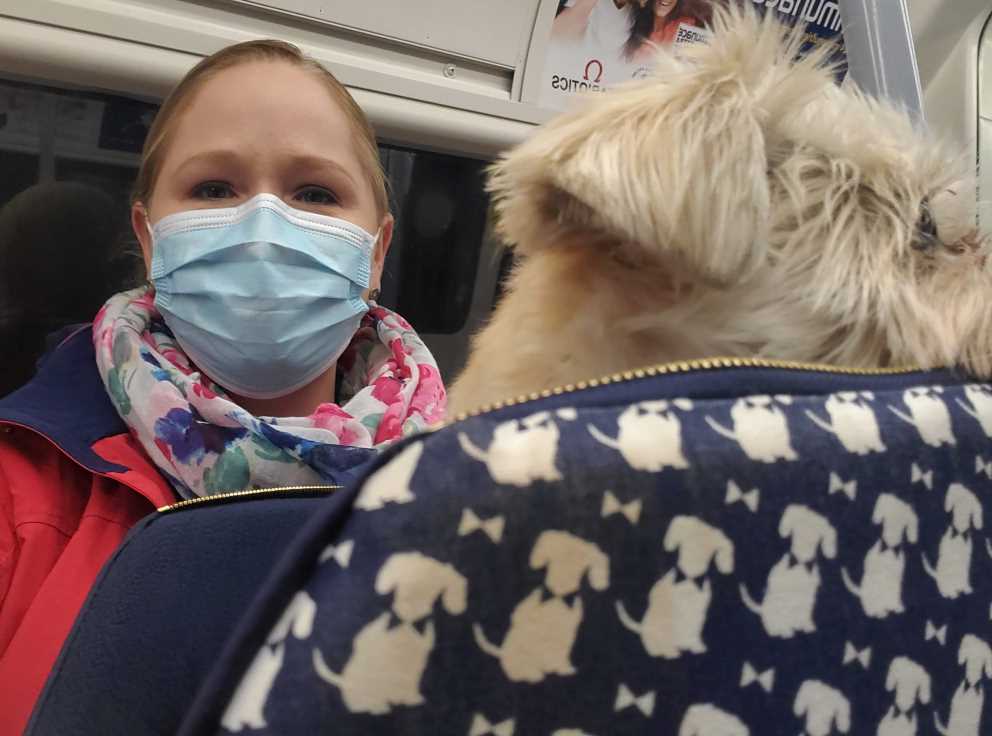
There are both advantages and disadvantages to doing a PhD later in life. Here are a few that I have observed and/or experienced:
Advantages
1) Work Experience
When you do a PhD later in life, you are likely to have years and years of work experience under your belt. This work experience may or may not be in the topic that you research for your PhD, but this work experience will give you all kinds of advantages. These kinds of advantages include knowing how to work well with others, an understanding of how to manage your time, and bringing skills and knowledge that you have developed to your research project.
Previously, having worked in marketing and in hospitality is incredibly advantageous to my PhD research. I am able to use skills that I developed managing a team to manage my research project and collaborate with my supervisors. Plus, previously having worked from home helped me to understand the self-discipline required to work on my PhD from my home office during the pandemic. The writing skills that I learned doing comms and PR have helped to make my academic writing easier for readers and more engaging. Finally, my practical industry experience helps me to understand and form my research questions. Overall, my roughly 20 years of work experience is a great advantage to my research.
2) Resilience
The resilience required to do a PhD should not be underestimated. There are lots of long hours on your own researching, reading, and writing. Resilience and coping strategies that you have learned as a mature student will help you when times get tough and you fail. You will face unexpected challenges in your PhD such as research not going the way you outlined, analysis that does not go to plan, or peer review rejection.
For me, a global pandemic and the normal challenges of a PhD, still almost led me to leaving the PhD after years of learning about being resilient. However, as a mature student I was able to speak to the Doctoral College team, the School, and my supervisors to come up with a solution that would allow me to continue with the PhD. This included me taking a month away from the PhD last summer to enjoy exploring London, socialising, and travelling in the UK with my dog again. I credit my age a lot to being able to stick it out and now in my 3rd year things are starting to come together in my head and on paper for my thesis.
3) Know Your Aim
As a mature PhD student, you are likely to know why you want to pursue a PhD and what your aim is with getting the degree. Knowing this makes you more easily able to focus your time and energy – which are finite resources that always seem to be stretched when doing a PhD.
For me, knowing what I want to do after earning my PhD has helped me to focus my time. It has meant that I participate in some of the trainings offered by the University and not others. It also means that I spend my free time focusing on those things that I want to do after the PhD. For example, I am part of two research societies related to anthrozoology, I volunteer doing fundraising and events for an animal-related charity, and I have a part-time marketing manager job to keep my skills fresh. Plus, I still travel with my dog all around the UK exploring new places with her and writing up articles from my research.
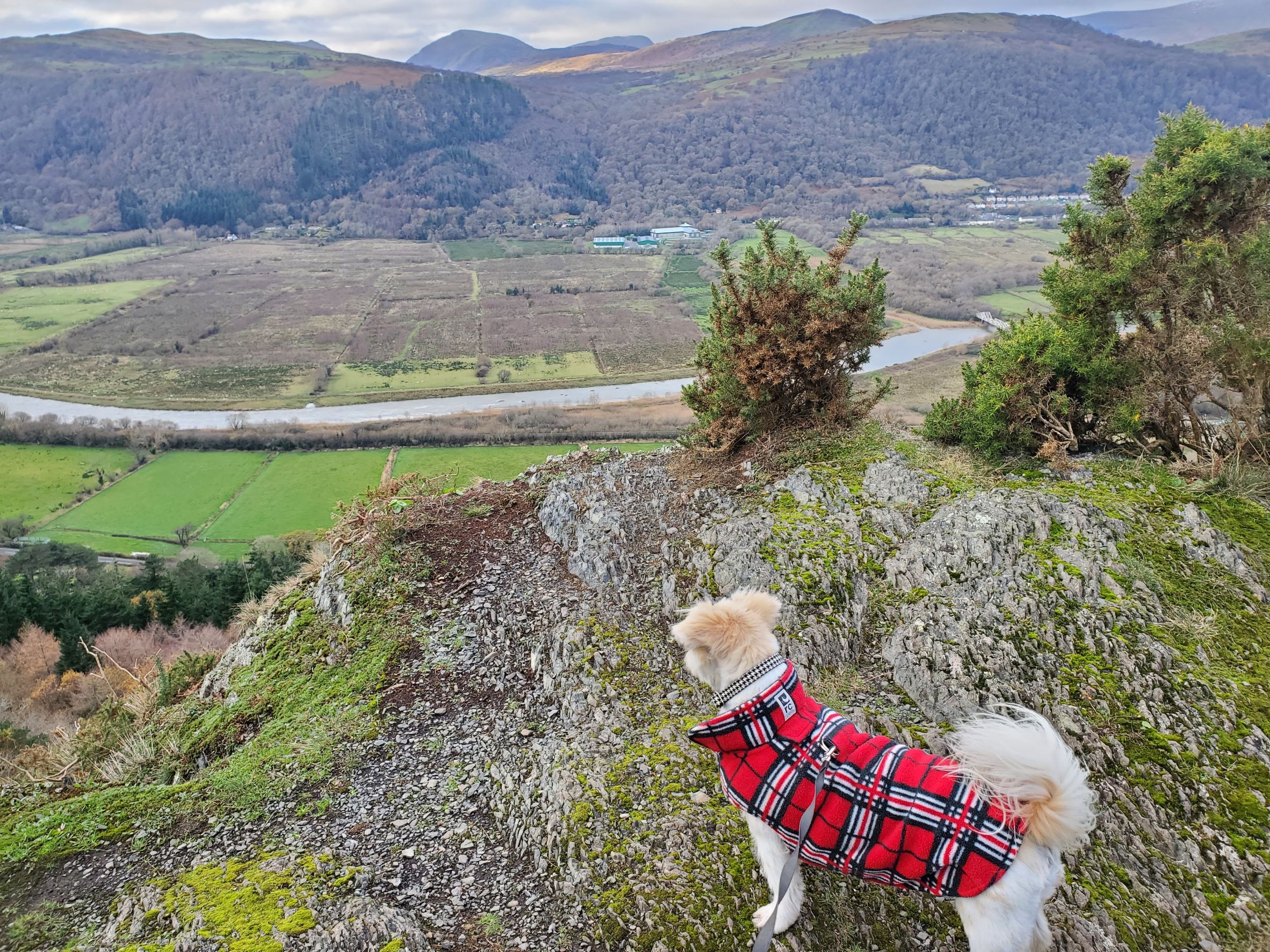
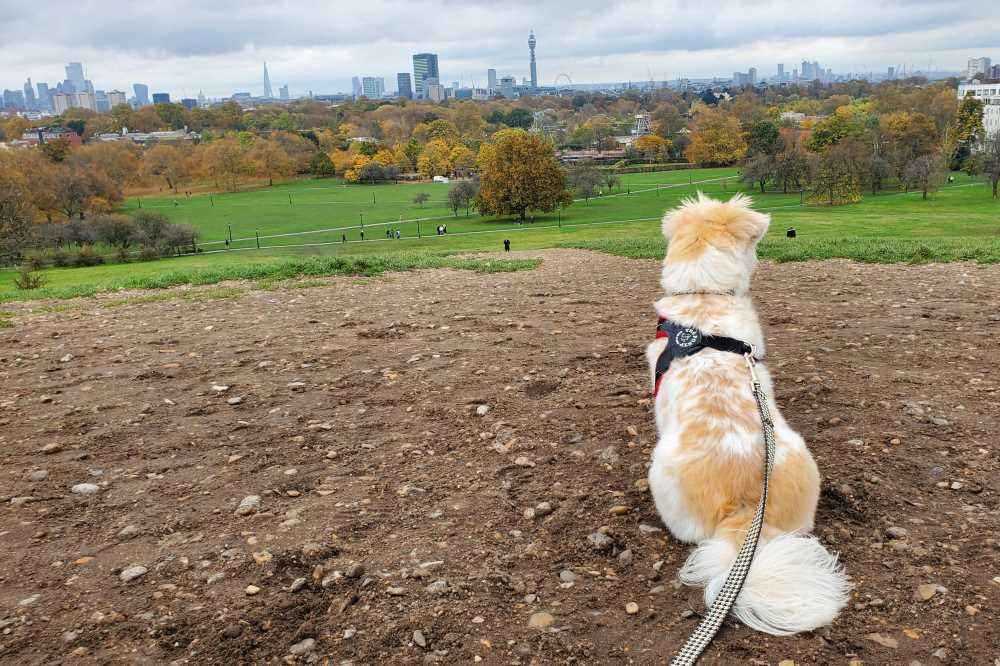
Disadvantages
1) Sacrificing Time and/or Earnings
By working on a PhD, you will be sacrificing your time that you could be using to do other things. This can mean that you are sacrificing some years where you have a larger earning potential due to your experience. For other mature students who are retired, it may not mean that you are sacrificing earnings, but you will be sacrificing your time that you could be using to do any number of other things like being with family/friends, travelling, volunteering, etc. A PhD is a large time commitment and definitely takes away time from other activities that you could be doing.
Going into the PhD I knew that it would require lots of time. I had heard it stated many times that you should treat your research like a full-time job. I am not this strict, but that means I work on bank holidays and weekends so that I can sometimes do other things during the week. I did not realise how working on a PhD would stretch my time management skills. There is always one more conference that I want to attend, another dog walk needed, household chores that need attending to, and writing always takes longer than I envision. But not being too hard on myself and trying to plan and balance my schedule helps to me to at least make headway on my goals.
2) Uncomfortable
Being older than most other students and possibly even older than professors or your supervisor can be a little uncomfortable. Plus, despite all of your years of experience you may feel like you don’t know much when it comes to your PhD topic, analysis, or writing up, all of which can make you feel fairly uncomfortable. Finally, you may be a little out of practice with things like statistics, academic writing, or analysis software which means you may need to learn quickly.
I have been uncomfortable a few times during my PhD. One example, was trying to remember the principles of statistics and using analysis software like SPSS. It had been 7 years since my Master’s degree at Surrey and I was surprised by both how much I had forgotten, but also how quickly I remembered after reviewing. Lots of aspects of academia change or are updated frequently, so don’t feel too bad if you need to spend some time brushing up on your skills. Second, one of the most uncomfortable moments as a PhD student was when I was participating in a Student Enterprise workshop and another student thought I was a professor or mentor. Granted on the topic, I could have been but in this moment, I was student and had to explain to this early 20-something that I was in fact a mature PhD student which did feel quite awkward.
3) Large Financial Commitment
Completing a PhD is a large financial commitment lasting 3-4 years for those doing a programme full-time and longer for those doing it part-time. There are options for funding. However, when mature students choose to pursue a passion project for their thesis there may not be full, or even, partial funding. Mature students need to very carefully plan and account for the expenses that they will incur such as tuition, research costs, extras like conferences or memberships, and living expenses like rent, utilities, groceries, and transportation.
I worked on a budget and sought financial advice prior to starting my PhD. This has allowed me make sure I can cover all of my expenses, and even have some extra money for doing fun activities with my friends and my dog like shows, dining out, and travel.

My Advice
People decide to pursue a PhD later in life for a variety of reasons. This choice comes with a range of advantages and disadvantages. However, as someone who will complete their PhD in their mid-40s, I would say go for it!
Consider speaking to potential supervisors about any concerns that you may have about being a mature student. You might be surprised at the number of mature PhD students already studying at the University and even in the programme you are considering.
No matter what your age, a PhD is a worthwhile endeavour especially if you have a topic that you are truly interested in. Good luck in pursuing your degree!
